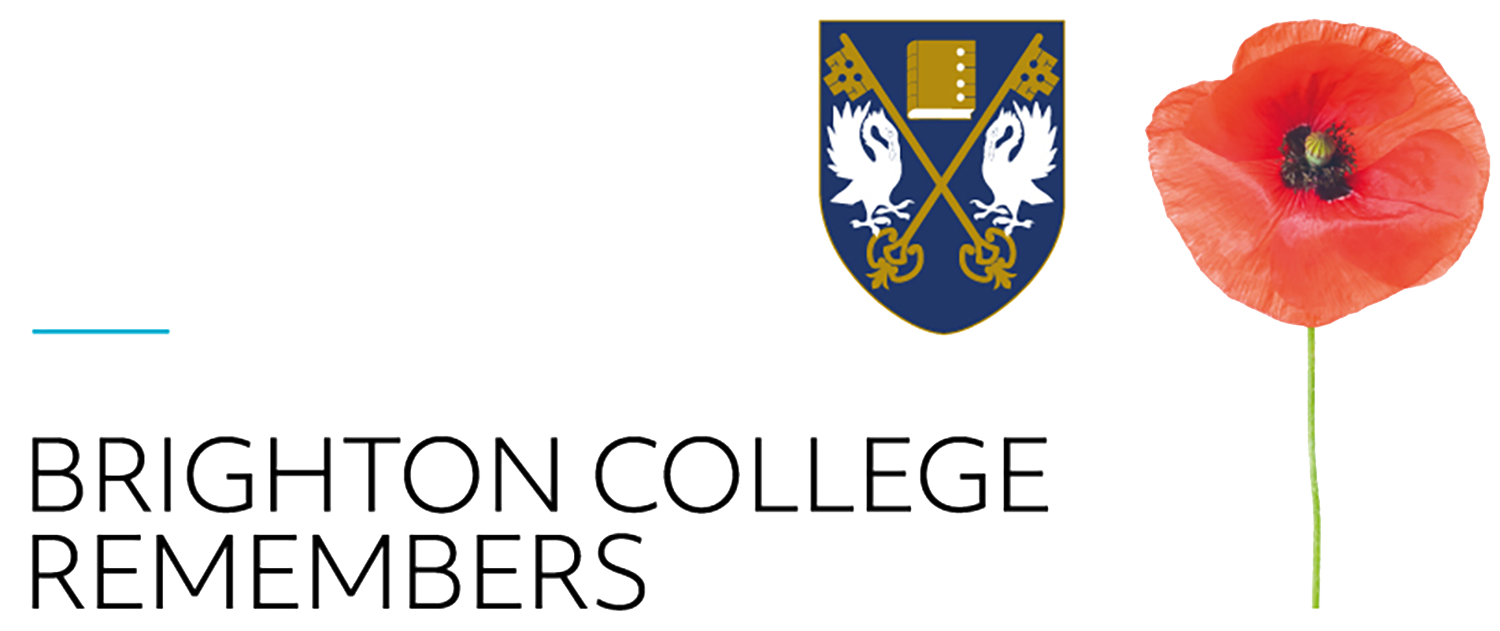Wing Commander, RAF
Born: September 16th 1907
Died: November 29th 1944
Age at Death: 37
Killed, November 29th 1944
Medals / Honours Distinguished Flying Cross
Alexander was born on 16 September 1907 in Buenos Aires to John, a member of an Australian cattle ranching family who had come to Argentina to ply the same trade on the country’s pampas, and his wife Emily (née Sewell), an Argentinian of British stock. Pearson was an active sportsman at the College, with a place in the school’s top swimming team, the 1st VI.
Pearson qualified as a pilot officer in the RAF in 1928, and remained in the force until 1932, when he moved to Kenya to work as a commercial airline pilot. His adventures included the rescue of an American hunter, one Ernest Hemingway, who was suffering from dysentery and needing urgent medical care. Hemingway immortalised both incident and pilot in his short story ‘The Snows of Kilimanjaro’. The pilot, known in the story as Compton, is an English gentleman with a jolly air, wearing a tweed jacket and felt hat.
During the war Pearson served in the RAF. In 1943, as head of 194 Squadron, he dropped supplies in Burma to the Chindits, an Allied force behind Japanese lines. In a sign of Pearson’s leadership style, 194 Squadron earned the nickname ‘the Friendly Firm’. In 1944 he earned both the British and American Distinguished Flying Crosses for his role in an airborne invasion of British troops, again behind enemy lines, to help US forces in northern Burma.
By November 1944 he was a flying instructor in rural England. One morning he flew to Biggin Hill air base, near London, to have lunch with his brother, Air Commodore Herbert Pearson, and old friends from the Far East. On taking off afterwards, he failed to remove the elevator lock. This made it impossible for him to control the plane, and he crashed. He is buried at the parish church of St Peter and St Paul in nearby Cudham.
What acquaintances remember most about Pearson was the force of his personality. After a 1984 London reunion of 194 Squadron members and Chindits, a member wrote in the squadron alumni newsletter: “Amidst all the talk, laughter and speeches, the invisible presence of the indomitable Fatty Pearson was almost tangible.”

